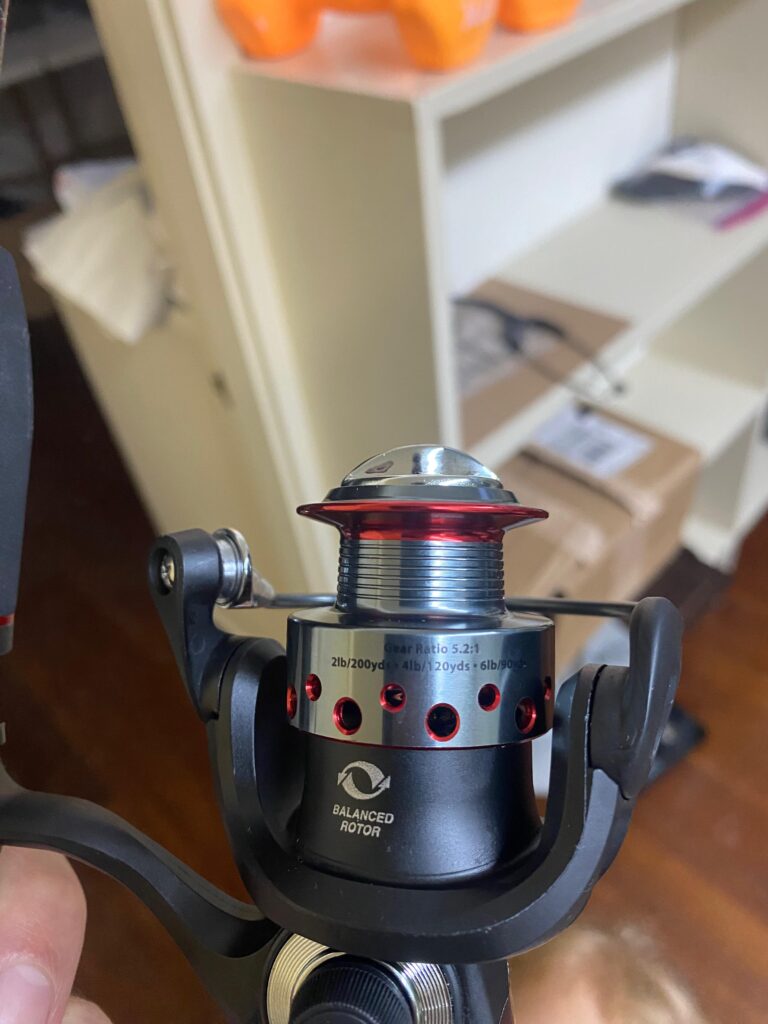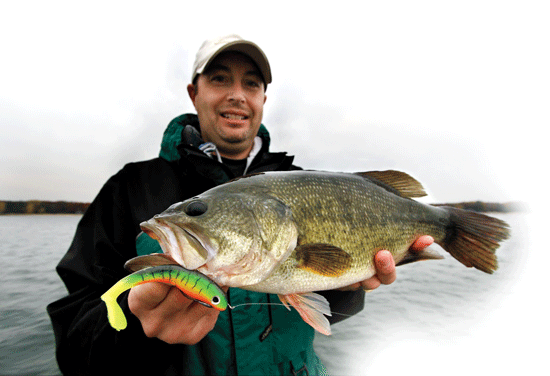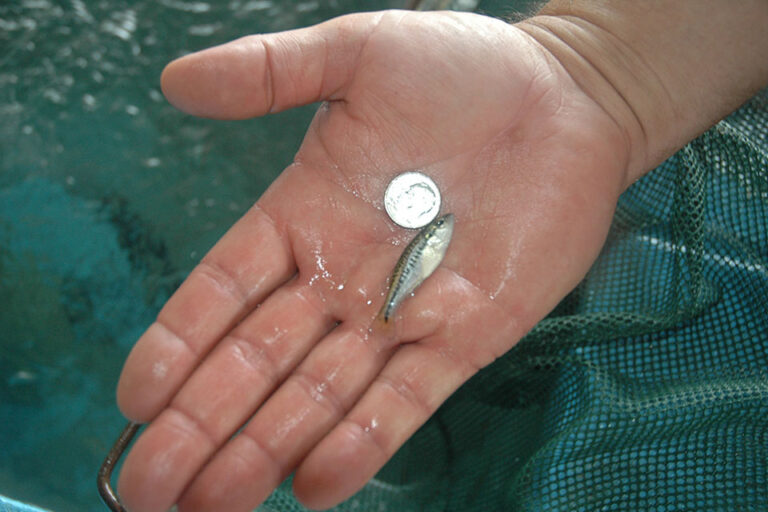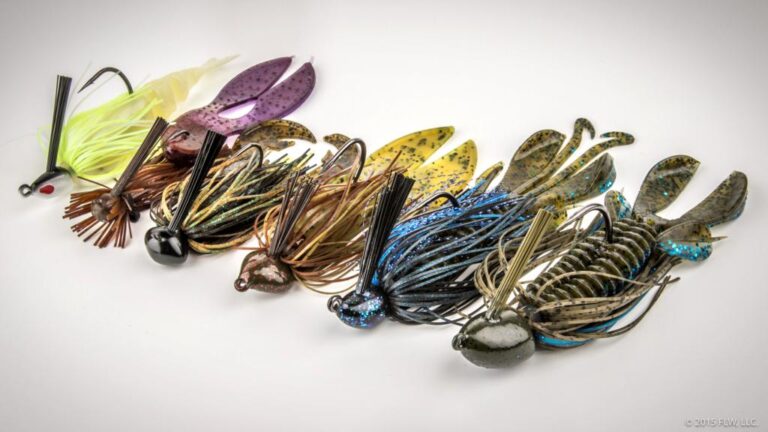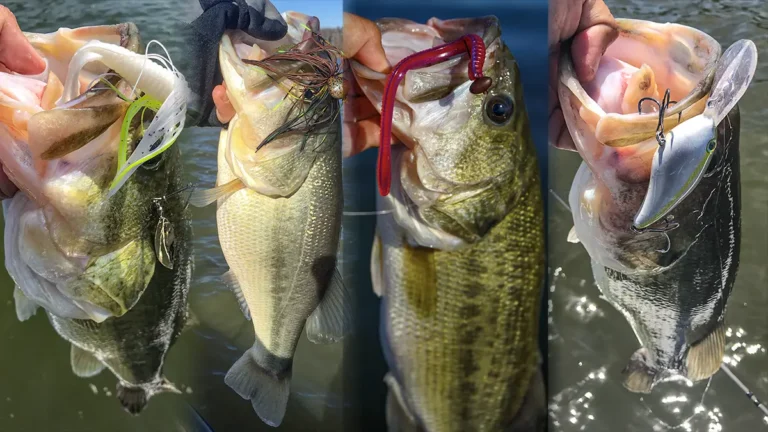Can You Eat Peacock Bass?
Yes, you can eat peacock bass as it is a popular sport fish known for its taste. This freshwater species, native to the Amazon, often becomes a culinary delight.
Peacock bass fishing has grown in popularity, not just for the sport but also for the dining experience it offers. These fish provide firm, white meat that many describe as delicious and perfect for various cooking methods. Considered a game fish, peacock bass presents an exciting challenge for anglers, which frequently leads to rewarding table fare.
Their meat cooks well when grilled, fried, or baked, making them a versatile ingredient in many recipes. Gourmet enthusiasts and casual diners alike appreciate peacock bass for its mild flavor and minimal fishiness, adding a tropical twist to fish dishes — a fine catch for both fishing and culinary communities.

Credit: fishmasters.com
Peacock Bass: Tropical Gamefish
The Peacock Bass is a vibrant tropical gamefish. Native to South American rivers, the species has been introduced to other regions. Warm waters are ideal for their survival and growth.
Experts recognize several varieties including the Butterfly Peacock Bass and the Temensis Peacock Bass. These fish are known for their striking colors and aggressive behavior when fishing.
| Characteristic | Detail |
|---|---|
| Native Habitat | Amazon Basin in South America |
| Spread | Florida, Hawaii, and parts of Asia |
| Water Preference | Warm freshwater systems |
| Color Variations | Golden to olive green with stripes or spots |
Culinary Aspects Of Peacock Bass
Many fish enthusiasts enjoy peacock bass for its distinct taste. The flesh of peacock bass is both firm and tender, which makes it a favorite among those who prefer a succulent texture. Often described as mild and slightly nutty, it offers a delightful experience even to picky eaters.
Nutritionally, peacock bass is a healthy choice. It is rich in protein and low in fat, providing essential nutrients while still being a lean source of energy. One must not forget its omega-3 fatty acids, crucial for heart health. Including it in your diet is a smart move for those seeking both taste and health benefits.
Legal Considerations And Conservation
States outline rules for catching Peacock Bass. Careful adherence helps support sustained fishing practices. Always check state-specific guidelines before planning your trip. These rules aim to balance fishing with conservation.
Peacock Bass influence ecosystems significantly. Predatory by nature, they can alter local aquatic environments. Many areas have specific catch limits to maintain natural balance. The health of our water habitats depends on responsible fishing techniques. By catching responsibly, we protect diverse aquatic life.
Preparation And Cooking
Peacock bass can make for an excellent meal. Before cooking, first, clean the fish. Remove scales, guts and gills. Next, fillet the fish by cutting along the backbone. Pull the flesh from the bones.
For cooking, there are various techniques. Try grilling or frying the fillets for a crispy skin. Marinating in citrus juices adds flavor. Arrange your favorite herbs and spices to season.
Baking peacock bass in foil is another great method, as it locks in moisture. Recipes often suggest pairing with light sides, such as vegetables or rice.

Credit: m.youtube.com
Health And Safety Concerns
Eating peacock bass often raises questions about health and safety. One major concern involves possible contaminants like mercury and water pollutants. These can accumulate in fish living in polluted waters. Experts advise checking local advisories before consuming them.
It’s also essential to consider allergy information. Seafood allergies can include reactions to various freshwater fish, like peacock bass. Symptoms range from mild hives to severe anaphylaxis.
Consult with a healthcare provider if allergies are a concern. Always ensure fish is properly cooked to reduce risk.

Credit: usangler.com
Sustainable Fishing And Ethical Concerns
Peacock Bass, while popular among anglers, require responsible fishing practices. To ensure sustainability, adhering to regional fishing regulations is crucial. These rules help maintain healthy population levels. Additionally, practicing catch and release can lessen the impact on their numbers.
Seeking ethical alternatives helps protect the species. Aquaculture can provide a viable option, where fish are raised in controlled environments. This approach reduces the strain on wild populations. Anglers can also explore different fish varieties, supporting biodiversity and ecosystem health.
| Alternative Practice | Benefit |
|---|---|
| Catch and Release | Preserves wild populations |
| Aquaculture | Controls fishing impact |
| Variety Exploration | Supports biodiversity |
Frequently Asked Questions
Can You Keep Peacock Bass In Florida?
Yes, you can keep peacock bass in Florida, but you must comply with state stocking laws and obtain the necessary permits from the Florida Fish and Wildlife Conservation Commission.
Can You Cook Peacock Bass?
Yes, peacock bass is edible and can be cooked. It’s a popular game fish known for its firm texture and mild flavor. Cook it grilled, baked, or fried for a delicious meal.
Do Peacock Bass Eat Live Worms?
Yes, peacock bass will eat live worms. These aggressive fish are carnivorous and readily accept various live bait, including worms.
How Do I Get My Peacock Bass To Eat?
To encourage peacock bass to eat, offer live or artificial baits that mimic their natural prey. Ensure the aquarium has ideal water conditions and provide a stress-free environment. Introduce food gently, possibly using feeding tongs, during their active feeding times for best results.
Conclusion
To sum up, consuming peacock bass is not only feasible but can add a delightful twist to your meal options. These fish, once cooked properly, provide a tasty and nutritious choice for seafood lovers. Always remember to fish sustainably and stay informed about local regulations to ensure that your culinary adventure remains both enjoyable and responsible.
Bon appétit!
